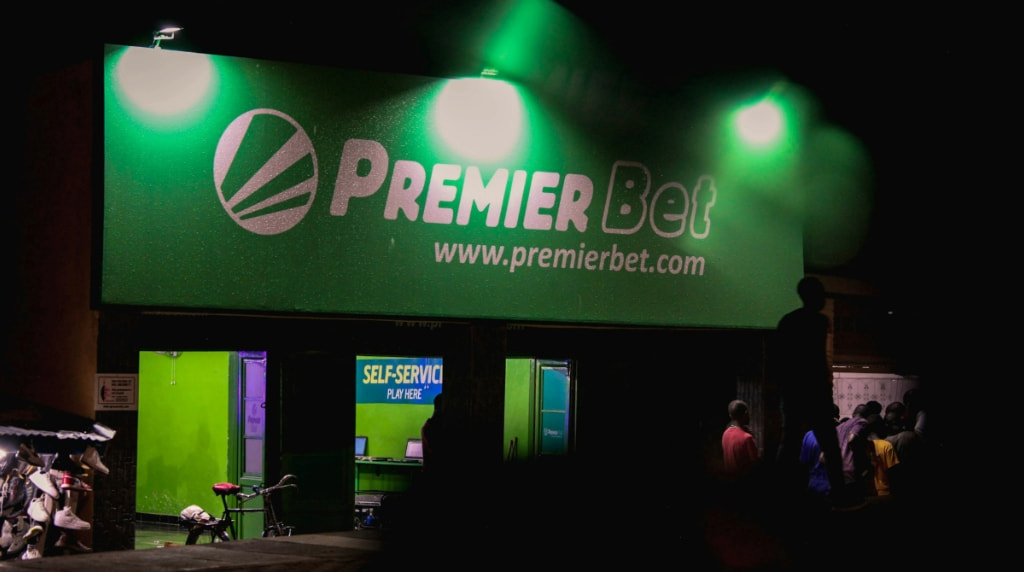NHS to Open New Treatment Clinics
The NHS has doubled the number of gambling addiction clinics in response to rising demand for treatment services. Seven new clinics are set to open this summer across cities in England. The move comes as the number of referrals for treatment has increased by almost four fifths in the last two years.

There will soon be fifteen NHS gambling treatment clinics in the UK.
©SHVETS production/Pexels
Rising Demand for Treatment
The NHS has revealed plans to open seven new gambling addiction clinics this summer, as it faces record demand for treatment and support. The announcement comes ahead of the National Health Service’s 75th birthday. According to new figures published by the NHS, around 1,400 patients were referred for help last year.
That figure represents a rise of more than a third on the previous twelve months. Demand has also increased by nearly four fifths compared to two years ago. Chief Executive Amanda Pritchard, who announced the changes, stated that the NHS is adapting to new healthcare needs.
The addition of the new clinics will significantly expand the NHS’s support services for thousands of people experiencing gambling-related harms. The NHS plans to treat up to 3,000 patients a year across its fifteen clinics, meeting its NHS Long Term Plan commitment six months ahead of schedule.
The seven new clinics are located in Milton Keynes, Bristol, Derby, Blackpool, Liverpool, Thurrock and Sheffield. They join gambling harms clinics which are already open in London, Leeds, Manchester, Newcastle, Southampton, Telford and Stoke-on-Trent. There is also a national clinic, located in London, that treats both gambling and gaming addiction in children and young people.
Speaking on behalf of the NHS, Pritchard spoke about the changes the service has gone through since it was launched by Aneurin Bevin, the Minister of Health in Clement Attlee’s government. The Chief Executive reiterated the NHS’s commitment to supporting people in need, just as it set out to do 75 years ago, stating:
“In 1948 when the NHS was founded, you had to go to a bookies to place a bet, but now people can gamble on their phone at the touch of a button and everyone, young and old, is bombarded with adverts encouraging them to take part.”
News Welcomed by Charities
Figures collated by the Gambling Commission, which regulates the industry in the UK, estimate that around 138,000 people could be problem gambling. That figure marks 0.3% of the population. A further 1.3 million people may be engaging in either moderate or low-risk gambling, 2.9% of the population.
Research carried out by other organizations has placed these statistics higher. Due to the stigma surrounding gambling addiction, it can be difficult to accurately gauge the scale of the problem. The NHS announcement follows a coroner’s verdict earlier this month that Betfair could have done more to help a customer that took his own life in 2021 after amassing debts.
In the year April 2020 to March 2021, the total number of referrals to NHS Gambling Harms Services stood at 775. The following year saw that figure rise to 1,013 referrals. In the year to March 2023, a total of 1,389 referrals were made.
The new clinics will use a variety of tried and tested methods to treat people with serious addiction issues. These include cognitive behavioral therapy, family therapy, support groups and aftercare. Patients will be treated by teams consisting of psychologists, psychiatrists, therapists, mental health nurses and peer support workers.
As well as those suffering directly from gambling harms, support will also be provided to family members, partners and carers. The announcement of new treatment facilities has been welcomed by charities and campaign groups such as Clean Up Gambling. Strategy Director at Gambling with Lives, Will Prochaska, described the new clinics as “heartening”.
Pressure on Football
NHS Mental Health Director Claire Murdoch has urged those struggling with gambling to come forward, adding that the NHS is here to help. She also took the opportunity to call on the government to do more to safeguard against problem gambling, saying:
“Although progress has been made on clamping down on this billion-pound industry with the Government’s White Paper, I hope further action can be taken to protect our young people and future generations from being bombarded by gambling advertisement while watching sport.”
That sentiment has been echoed by the Prince of Wales, who recently spoke out against the practice of gambling firms sponsoring football shirts. Liz and Charles Ritchie, who set up the charity Gambling with Lives in 2018, were awarded MBEs by William at Windsor Castle in June. They said that in a conversation with the prince, he made it clear that he did not approve of such gambling sponsorship and would like to see it banned.
William supports Aston Villa, a club that has just signed a three-year deal with online gambling platform BK8. The agreement has garnered criticism from fans, as well as the club’s own supporters’ trust, due to the operator’s reputation. In 2021 Norwich City scrapped a deal with BK8 after sexist online marketing materials were uncovered.
The Premier League has agreed to phase out front-of-shirt sponsorships from gambling firms by the end of the 2025-26 season. However, some fans believe that the measure does not go far enough to curb gambling harms. Campaigners would like to see the ban extended to shirt sleeves and stadium advertising, and be introduced sooner.



